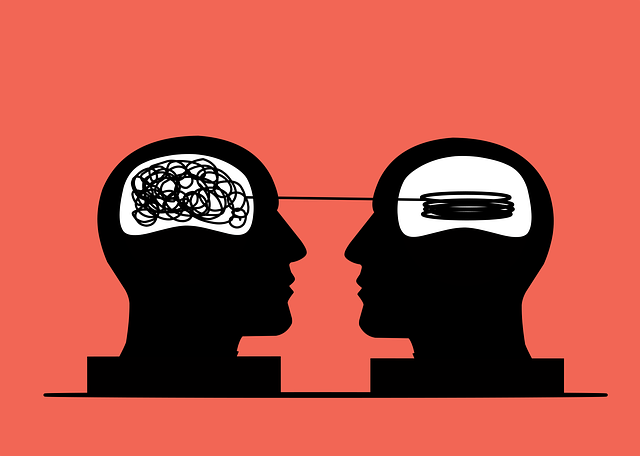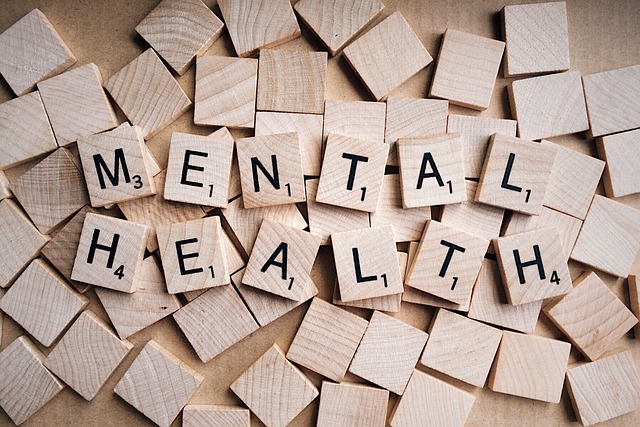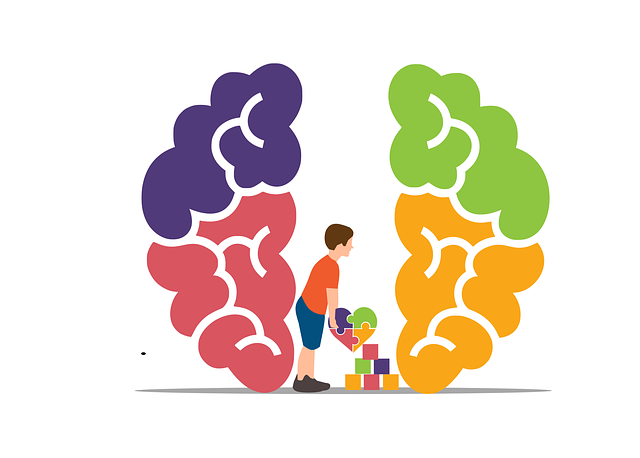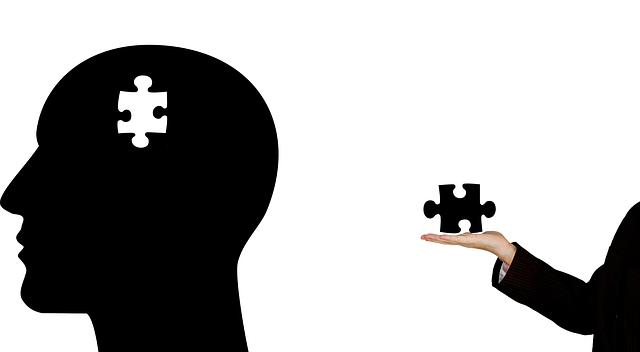Hebrew-speaking communities face unique challenges in accessing mental health services due to language barriers and a lack of culturally sensitive resources, particularly for children with emotional and psychological issues. Providing therapy sessions in Hebrew creates an inclusive environment, improves communication, and leverages cultural richness for more effective treatment, including therapy for children speaking Hebrew. Tailored initiatives like mindfulness workshops and podcasts empower kids and their families with tools for stress management and emotional well-being. Accessing specialized therapy early is crucial for enhancing coping mechanisms, emotional intelligence, and overall community mental health advocacy. Implementing culturally competent services, training, and resilience-building programs ensures respectful, accessible care, improving mental health outcomes for Hebrew-speaking children and families.
Mental health advocacy is crucial, especially within the vibrant Hebrew-speaking community. This article explores the unique mental health needs of this diverse group and delves into effective initiatives aimed at improving access to care. We discuss the power of therapy in fostering emotional well-being in children, cultural sensitivity as a key advocate, and successful programs making a tangible difference. By understanding these aspects, we can ensure that Hebrew-speaking families receive the mental health support they deserve.
- Understanding the Hebrew-Speaking Community's Mental Health Needs
- The Role of Therapy in Children's Emotional Wellbeing
- Building Access: Overcoming Barriers to Mental Health Services
- Cultural Sensitivity and Its Impact on Effective Advocacy
- Success Stories: Initiatives Making a Difference in Hebrew-Speaking Families
Understanding the Hebrew-Speaking Community's Mental Health Needs

The Hebrew-speaking community, with its unique cultural and linguistic identity, presents specific challenges when it comes to mental health advocacy. Many individuals within this community face barriers in accessing appropriate mental health services due to language differences and a lack of culturally sensitive resources. This is particularly concerning for children who may struggle with emotional and psychological issues that require professional intervention. Therapy for children speaking Hebrew is essential to ensuring they receive the necessary support, tailored to their specific needs.
By offering therapy sessions conducted in Hebrew, mental health professionals can create an inclusive environment, fostering better communication and understanding. This approach not only addresses the language barrier but also taps into the community’s cultural richness, allowing for more effective treatment. Additionally, initiatives such as mindfulness meditation workshops and mental wellness podcast series production can be adapted to suit this demographic, providing tools for stress management and emotional well-being, while boosting confidence in a familiar linguistic setting.
The Role of Therapy in Children's Emotional Wellbeing

Children’s emotional wellbeing is greatly influenced by their access to therapy, particularly in Hebrew-speaking communities where specialized mental health services are increasingly recognized as vital. Early intervention through therapy can play a pivotal role in equipping children with effective coping mechanisms and enhancing their ability to manage challenging emotions. This is crucial given the growing emphasis on mental health awareness among young individuals.
Therapy for Children provides a safe space for them to express their feelings, work through traumatic experiences, and develop healthy self-care practices. By teaching mood management skills, therapists empower children to navigate life’s ups and downs with resilience. The benefits extend beyond individual growth; they contribute to fostering strong emotional intelligence and overall wellbeing within the family unit and broader community, thus perpetuating a culture of mental health advocacy.
Building Access: Overcoming Barriers to Mental Health Services

Accessing mental health services can be a significant challenge for many individuals, especially those from diverse cultural backgrounds like Hebrew-speaking communities. Barriers such as language differences, lack of cultural awareness among healthcare providers, and limited availability of specialized services can deter people from seeking much-needed therapy. Overcoming these obstacles is crucial to ensuring that everyone, regardless of their background, receives the appropriate care for their mental health concerns.
One effective strategy is providing Hebrew-speaking therapy services tailored to the specific needs and cultural nuances of this community. Implementing Trauma Support Services that are sensitive to cultural aspects can foster a safe space for individuals to open up about personal struggles. Additionally, Healthcare Provider Cultural Competency Training plays a vital role in equipping professionals with the skills to offer empathetic and effective care to diverse populations. Resilience Building initiatives within these communities can also empower members to navigate mental health challenges with enhanced coping mechanisms.
Cultural Sensitivity and Its Impact on Effective Advocacy

Mental health advocacy initiatives must consider cultural sensitivity to be truly effective. In a diverse society like Israel, where Hebrew-speaking communities are widespread, it’s crucial for advocates and healthcare providers to understand the unique needs and barriers faced by these populations. Cultural norms, language, and historical contexts can significantly impact how mental health services are perceived and received. For example, children from Hebrew-speaking backgrounds might express emotional distress differently than their non-Hebrew speaking peers, requiring tailored therapy approaches like those offered by specialized Hebrew-speaking therapists.
Implementing crisis intervention guidance and conflict resolution techniques that account for cultural differences can bridge the gap between service providers and clients. Healthcare provider cultural competency training is essential to ensure every individual receives respectful, accessible care. By integrating these considerations into advocacy efforts, we enhance mental health support systems, making them more inclusive and effective for all Hebrew-speaking children in need of therapy.
Success Stories: Initiatives Making a Difference in Hebrew-Speaking Families

In the realm of mental health advocacy, initiatives geared towards Hebrew-speaking families have been making significant strides in fostering healthier minds and stronger communities. One notable success story is the establishment of therapy programs specifically tailored for children speaking Hebrew. These efforts have been instrumental in addressing unique cultural and linguistic barriers, ensuring that young individuals from these families receive the necessary support for their emotional well-being. By providing accessible and culturally sensitive therapy options, organizations are seeing remarkable improvements in mental health outcomes.
Many organizations have recognized the importance of reaching out to this specific demographic, leading to the creation of specialized services. These initiatives include stress management workshops designed to equip both children and their caregivers with effective coping strategies. Through these programs, families gain valuable tools for risk management planning, promoting better mental health practices within their communities. By incorporating evidence-based Stress Reduction Methods, these organizations are not only offering immediate relief but also empowering Hebrew-speaking families to maintain long-term resilience and overall well-being.
Mental health advocacy initiatives, particularly those focusing on the unique needs of the Hebrew-speaking community, are vital in ensuring access to therapy for children. By addressing cultural sensitivities and overcoming barriers to services, these efforts can significantly impact emotional wellbeing. Success stories highlight effective strategies, such as culturally tailored programs and increased awareness, which not only enhance mental health support but also foster vibrant and resilient Hebrew-speaking families. Advocating for therapy in this community is a crucial step towards a healthier and more supportive future.












